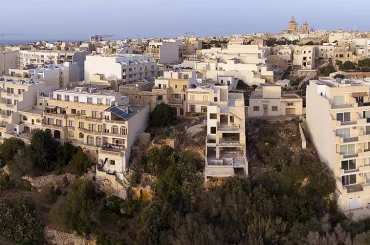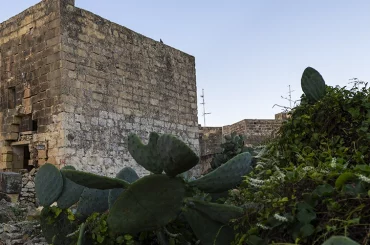There have been claims and counterclaims about the rollout of the BCRS, the recycling of single-use plastics and tins and bottles that works via surcharge and refund of that surcharge upon feeding the empty container into a so-called reverse vending machine.
BCRS stands for Beverage Container Refund Scheme, a company formed by business associations of businesses involved in import and distribution of much of the same products.
The scheme has stirred controversy: many who have been separating waste at home anyway (for recycling) have been feeling aggrieved by the 10-cent surcharge that can amount to hundreds of euros annually for households.
The following points and observations can be made:
- Claims have been made that the company that runs the scheme will profit from people who are charged an extra 10 cents when they buy one of the 300-plus products that are part of the scheme, but then do not take these beverage bottles to the reverse vending machines. BCRS maintains that it is a not-for-profit entity and the point of the venture is to improve recycling rates in Malta. (BCRS says it has spent €18 million to set up the operation, but it doesn’t explain how that upfront capital will be recouped?)
- Many are asking why the government did not move to improve recycling rates by using incentives/disincentives to raise rate of participation in household waste separation via door-to-door rubbish collection. Since rubbish collection of the same single-use beverage containers has been happening for many years now – the grey or green bags that we leave outside the door – then why not improve that system rather than set up a separate, parallel system?
- The BCRS system requires bottles to be taken to the reverse vending machines, which are sparse in some locations. Mosta only has two for example; Zurrieq has one; Qrendi has none; and Gozo has the worst coverage, eight villages in Gozo, including the second largest village (Xaghra), have none. This means that people are bound to drive to the machines, and that in turn generates traffic and pollution – are we sure the BCRS system is the more environmentally friendly one?
- A point can be made that since the machines are situated outside supermarkets, then people will use the refund vouchers within the supermarket against their shopping and as such the car trip serves as a shopping trip in any case. But this raises the further question of whether this scheme shall drive business away from small shops in villages to large supermarkets, and still create extra car journeys as people will be less inclined to hop to the village store for a spot of shopping. Shouldn't the government be doing the opposite: encouraging less car use and encouraging community shops rather than encouraging people to drive to big supermarkets for their shopping?
- Many of us – me included – do participate in the household rubbish separation system (the grey or green bags collected every week); we also participate in glass bottle household separation and collection.
- As such, I already participate in separation of the same containers at home, and I will not be joining the queues near the reverse vending machines. But I will still have to pay the refundable surcharge anyway. Based on my shopping profile, which gives me a limited exposure to surcharge, the surcharge will still cost me around €2 weekly, which amounts to more than a €100 annually.
- I would have found it more acceptable had the government imposed a tax on rubbish collection and then use that to improve separation within household and better recycling at its facilities.
- The question I have yet to have a satisfactory answer to is this: why should I be exposed to an extra annual surcharge of over a €100 on my food bill when I have been and shall continue to recycle the same containers at home anyway by putting them in the grey/green bag for recycling anyway?





1 Comment
Why dows this remind me if the recycling bins that the government provided all households. These were too big for the medium size refuse bigs and too small for the large size ones.